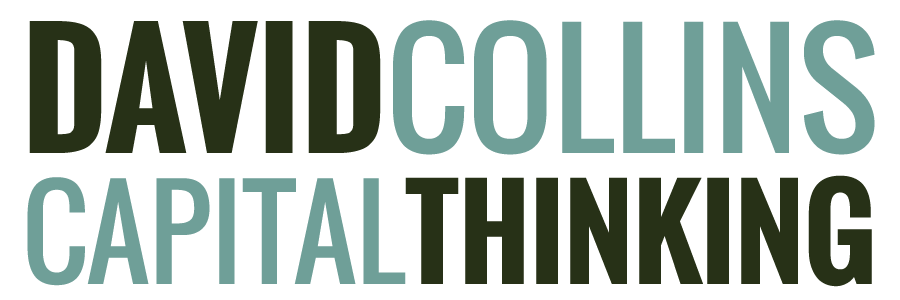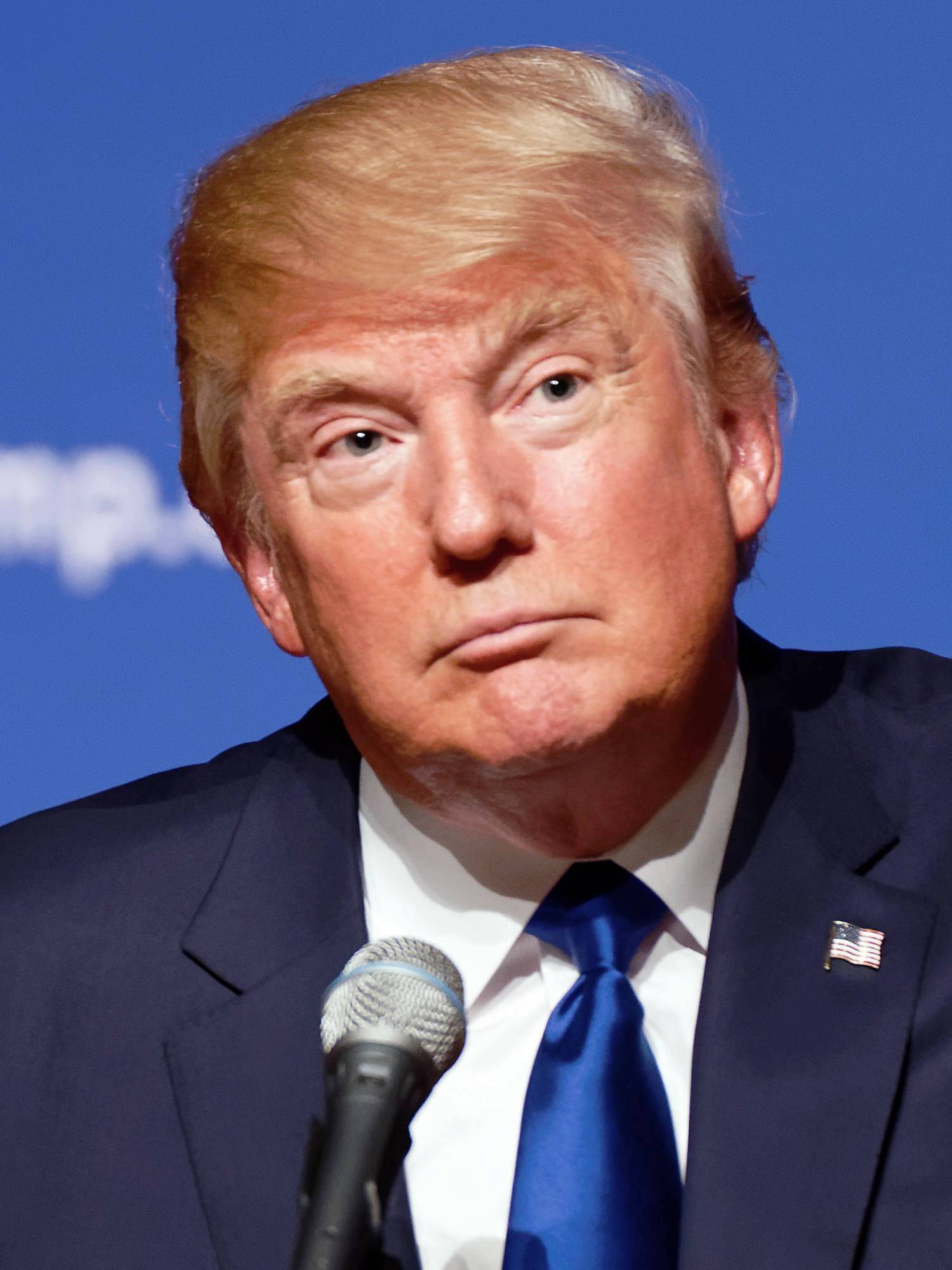Earlier this year I was cautiously optimistic about the year ahead for investors, as there were no known issues that could critically dampen markets, other than geopolitical issues or a black swan event.
International share markets did perform well the first half of this year, with funds giving gross returns of around 10% to 14%.
The United States market may be overvalued – with price over earnings 28 times – but has held up well. This has been due to good fundamentals and Donald Trump rhetoric around the need for infrastructure development.
However, a caution is needed for two reasons. As Research Affiliate’s chief executive officer Rob Arnott has highlighted, Trump will find it increasingly difficult to get his initiatives through Congress and Senate and find it’s not like running a business.
Further, sales data from companies including Walmart missed their forecasts last month, suggesting that Americans are not spending as much as expected.
Geopolitical issues – mainly Trump’s leadership – will also continue to hinder the market, though the impact of these issues has not significantly affected markets to date.
Performance in China’s markets continues to improve as seen in several funds we use for Stratus clients. With the National Congress of the Communist Party of China sitting later this year, President Xi Jinping continues to hold a steady rein on the economy.
This can be seen in China’s domestic economic and political policies, though this objective has been harder to realise than hoped according to Stephen Roach of Yale University.
However, countering this is China’s foreign policy, which is helping improve their position going forward, and as Roach indicated: “In short, the Next China is shaping up to be more outwardly focused, more assertive, and more power-centric…”.
The other two markets of interest are Europe and emerging markets. According Research Affiliates, both these markets are undervalued compared to US markets and currently represent good value.
While emerging markets have seen a rise in value in the last six months, there needs to be a caution around this market.
AMP Capital’s Head of Investment Strategy Greg Fleming writes: “…it is difficult to build exposure to the EMs [emerging markets] in a portfolio without buying significant stakes in economies governed by different norms to our own [New Zealand]. Russia, Brazil, China and India all present forms of political risk. An example has been… the widening corruption and bribery scandal surrounding caretaker President Temer of Brazil, which has hit local assets hard last week.”
Fleming goes on to say: “When deployed moderately, emerging markets can boost portfolio returns, but it is vital to know when to reallocate between individual markets, how to mitigate the risks of passive exposure, and how to minimise currency risk. Above all, being prepared for sharp market moves and retaining an acute awareness of the power of sentiment can prevent disappointment.”
As such, we remain underweight in emerging markets, and are more comfortable with Europe, even though this market has major banking and debt problems. We believe governance in Europe is sounder and of these two markets, we believe Europe may prove to be the long-term bargain.
New Zealand shares have performed modestly over the last five months, with capital growth being modest. The NZ market corrected in September last year and then rebounded, but surprisingly, only modestly compared to international markets. This is despite a strong economy.
Australia continues to be problematic. The positive start to the year there has gradually corrected over the last few weeks, mainly due to banking concerns.
The major issue facing investors is the continuing low rate of cash returns and the bond market. We do not see cash rates rising significantly over the next year.
However, with inflation potentially occurring in the next one to two years, and a need for banks to rebalance or reposition their need to fund debt and mortgages, we may see term deposits rise in the longer term.
It is important to note that, rising inflation and interest rates may not be good for bonds. This could be, in Rob Arnott’s words “horrible” for US Bonds, pushing long dated bonds into negative territory.
Consequently, for conservative investors (and all investors), it is imperative to be underweight in long dated bonds and to hold more cash for security and potentially a better rate of capital return.
Also, cash can be used to reallocate to growth assets when appropriate.
Therefore, where appropriate, we have modestly increased our position in growth assets, but remain cautious in this approach, to offset the low return in bonds and cash.
We are underweighting bonds and holding more cash, though this position does suppress returns, it is more a defensive position to protect portfolios in a correcting market.
Consequently, the next few months will remain interesting whilst the environment remains politically volatile.
Extending any position in growth assets must be taken with careful consideration, while being aware of the inherent risks attached with that position.


